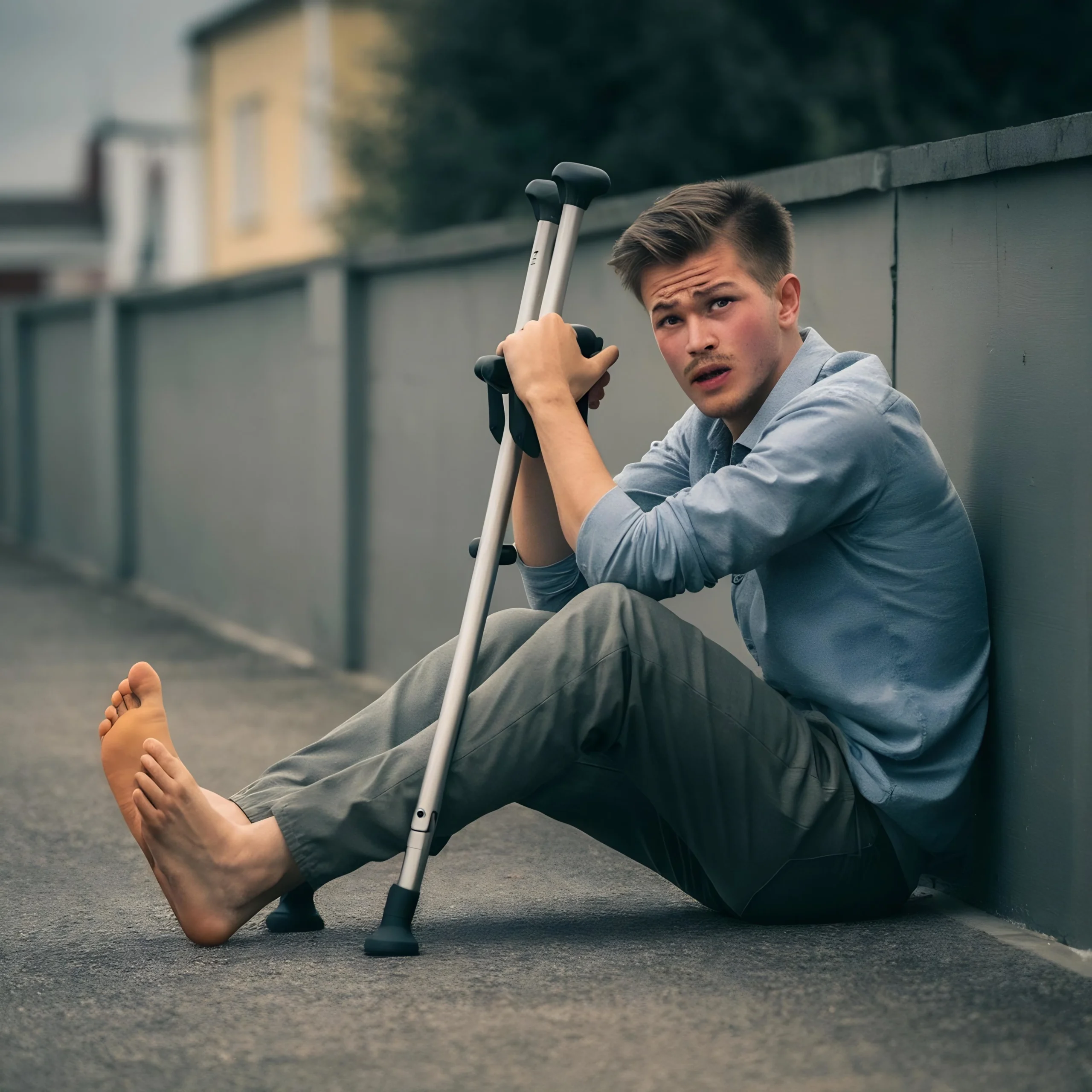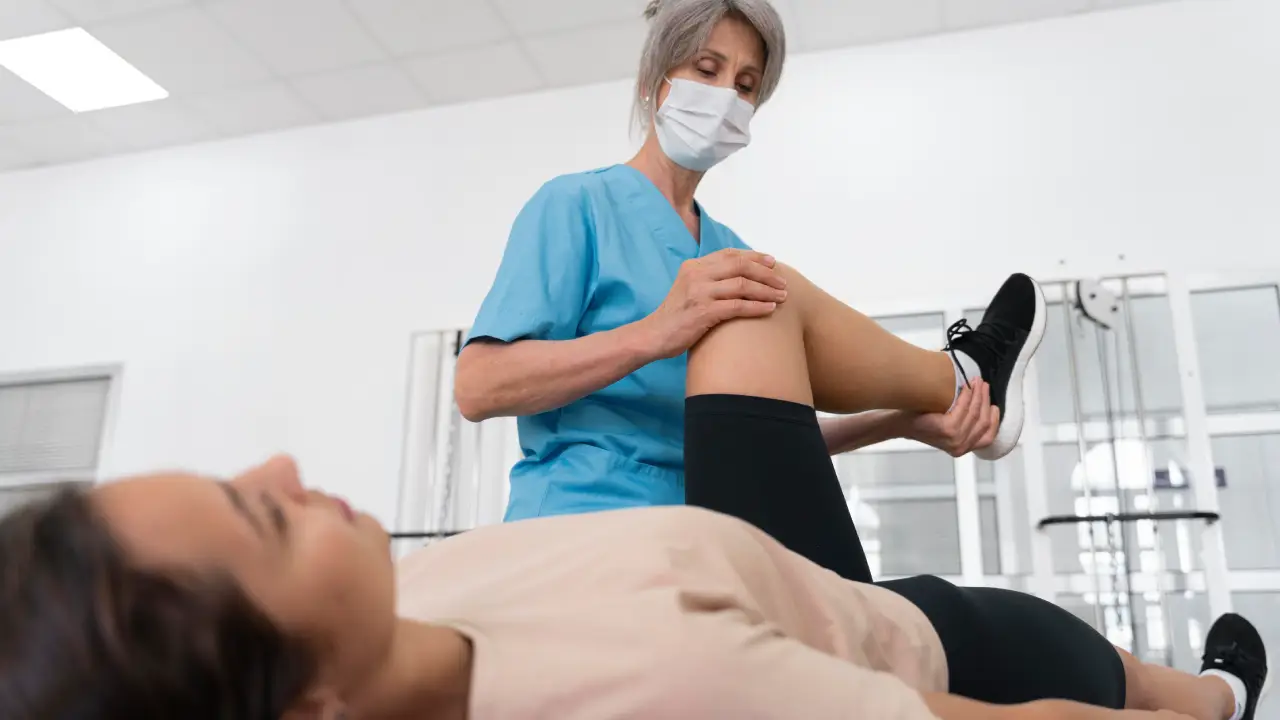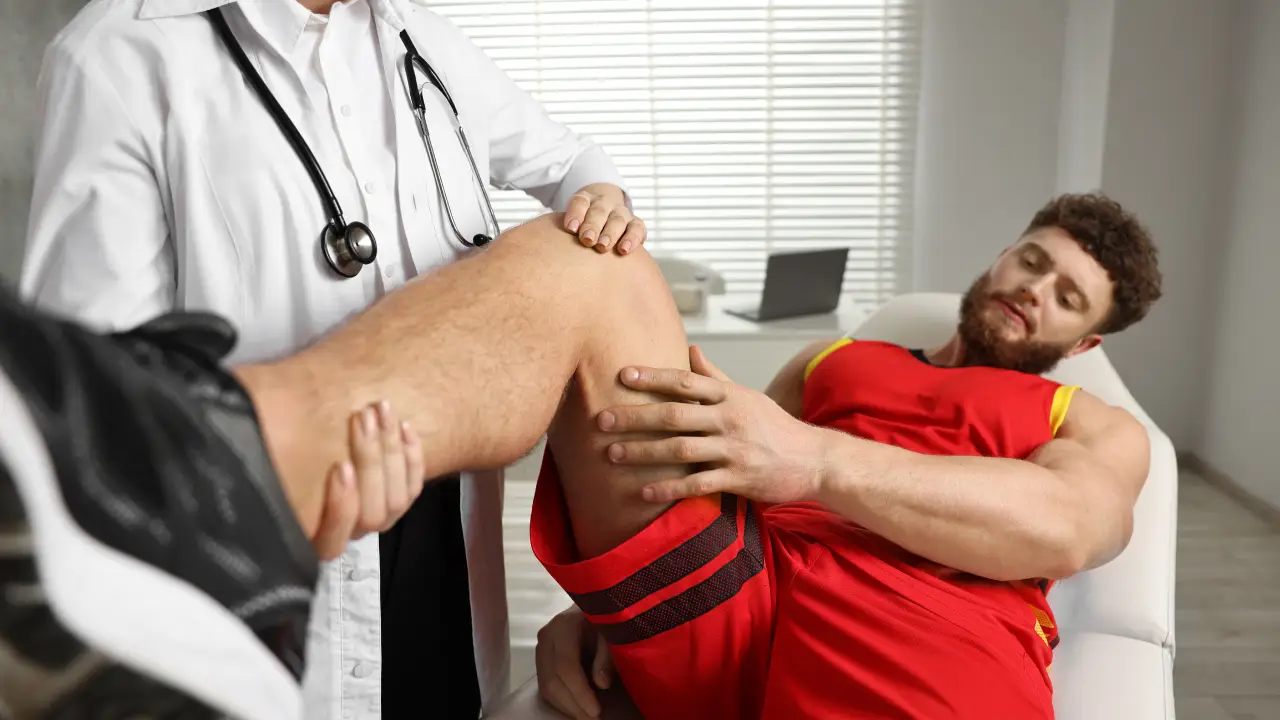What Happens When Accident Injuries Are Left Untreated?
In the days or weeks following a collision, workplace incident, or unexpected fall, Accident Injuries may appear mild or show delayed signs, leading many people to dismiss discomfort or return to routine too quickly. However, Accident Injuries often affect muscles, joints, ligaments, or nerves beneath the surface. When early warning signs are ignored, minor issues can quietly progress into ongoing problems that interfere with daily activities over time.
Why It Matters: Small Issues Become Bigger Over Time
Choosing not to address accident-related discomfort can set off a chain reaction. One area of the body compensates for another. Mobility decreases, pain levels increase, and soon, simple tasks become frustrating. In Brantford, where people lead active lives across various industries, prompt care makes a measurable difference in recovery timelines and overall health.
In this blog, we explore five lasting consequences of avoiding Accident Injuries Treatment in Brantford—consequences that often catch people off guard until they interfere with work, rest, or daily routines.
How Does Physiotherapy Help?
Physiotherapy offers more than temporary Relief. It helps correct movement patterns, support healing, restore strength, and address the root cause of discomfort. Early intervention reduces the risk of secondary complications and often shortens recovery time.
1. Ongoing Pain and Limited Range of Motion
Pain that lingers beyond a few weeks could indicate unresolved tissue damage, joint restriction, or biomechanical dysfunction. This kind of discomfort often becomes chronic when not treated early. Common examples include back tightness after a vehicle accident or shoulder pain that persists following a fall.
Left unaddressed, this discomfort can escalate to more persistent pain and restrict physical activities like reaching, lifting, walking, or even sleeping comfortably.
2. New Injuries Caused by Compensation
When one part of the body isn’t functioning well, others work harder to make up for it. This natural adaptation may seem helpful at first, but it can lead to new issues over time. Favouring one leg may strain the opposite hip; guarding a sore shoulder can lead to neck tension or headaches.
These compensation patterns aren’t always obvious until new symptoms appear. Early Treatment of Accident-Related Injuries in Brantford helps restore balanced movement and reduces the risk of secondary strain or injury.
3. Early Wear on Joints
Joint structures are resilient but sensitive to alignment, support, and repetitive stress. After an injury, joints might become misaligned or lose their shock-absorbing capacity. Without treatment, this can lead to cartilage wear and the early onset of degenerative conditions such as osteoarthritis.
Injuries to the knees, hips, spine, and shoulders are especially vulnerable to long-term wear when not monitored. Physiotherapy encourages joint stability, improves mechanics, and may delay or reduce degenerative changes.
4. Nerve-Related Symptoms That Persist
When nerves are affected—whether by compression, inflammation, or scarring—symptoms may include tingling, numbness, or weakness. These signs often accompany whiplash, spinal injuries, or wrist trauma and can grow worse without guided recovery.
Nerve issues rarely resolve on their own. Physiotherapy includes techniques such as neural gliding, Posture correction, and Mobility exercises to restore proper nerve function and prevent long-term complications.
5. Impact on Mental and Emotional Health
Physical pain has emotional consequences. As discomfort becomes a regular part of someone’s routine, it can lead to fatigue, irritability, poor sleep, or social withdrawal. Some individuals reduce physical activity out of fear of aggravating an old injury, which can lead to further stiffness and weakness.
This cycle can affect one’s ability to work, enjoy hobbies, or connect with others. Treating accident injuries early not only improves physical recovery but also helps reduce the emotional toll of ongoing pain and limitation.
When to Seek Help in Brantford
If discomfort lingers longer than expected after an accident—or if new pain appears days or weeks later—it may be time for a physiotherapy assessment. Even subtle changes in how the body moves can signal underlying dysfunction that benefits from targeted care.
Physiotherapists use manual therapy, therapeutic exercise, and movement retraining to support the body’s recovery. They can also coordinate care with other healthcare providers if additional treatment is needed.
Moving Forward
Accident recovery is not always a straight line. Ignoring early warning signs can create barriers that affect health months or even years later. The earlier someone addresses pain, the greater the chances of restoring comfortable, efficient movement and avoiding long-term complications.
Revive Physiotherapy and Wellness provides care to individuals in Brantford who are recovering from accidents. By focusing on function and early intervention, the clinic supports evidence-based recovery that is responsive to each person’s needs.











